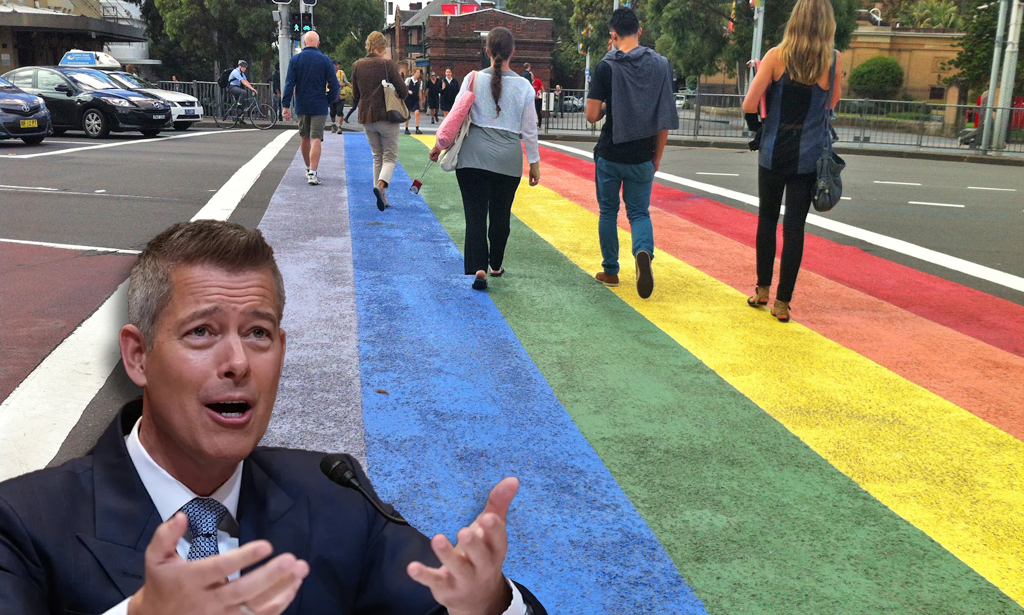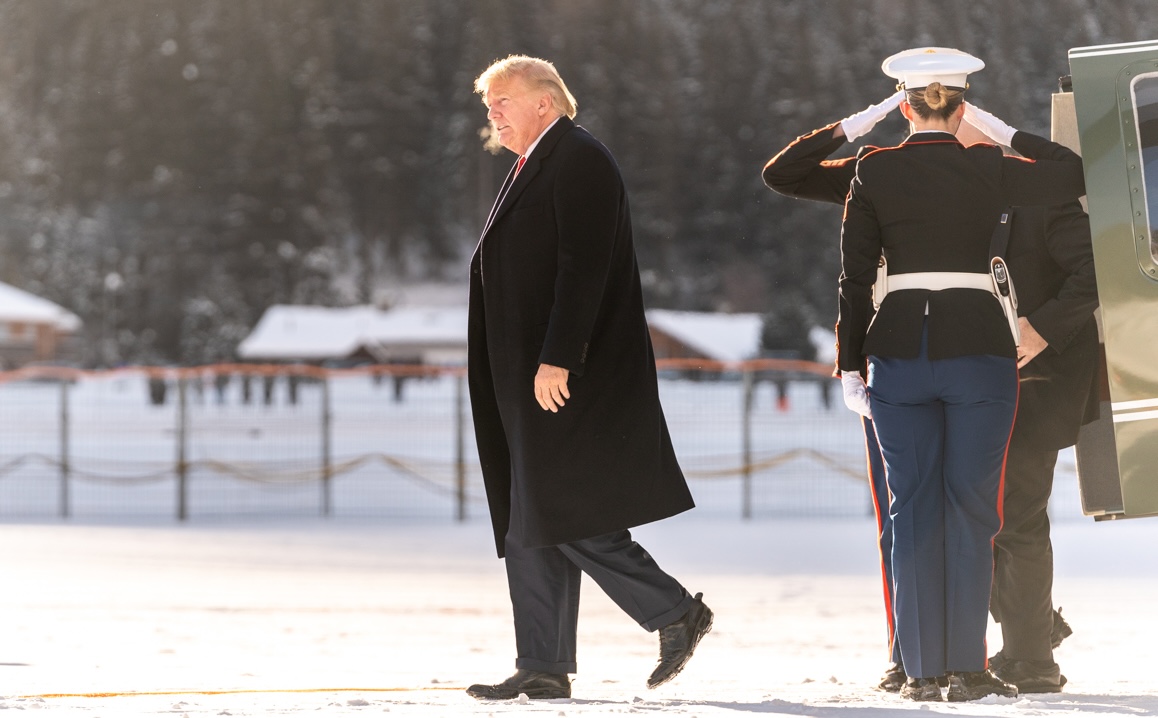Today's emergency 24-hour shutdown of the D.C. Metro system is a transit embarrassment of epic proportions. The shutdown follows an electrical fire in a subway tunnel Monday, and will allow for system-wide safety inspections. Metro has been under federal control following a smoke inhalation death caused by a similar problem last year.

David Alpert at Greater Greater Washington wonders how the region's transportation system will hold up for today's commute (the word from early reports: badly). Even acknowledging Metro's abysmal management failures, Alpert is struck by how things got this bad:
[Action Committee for Transit's] Ronit Dancis said, "Elected officials take note: this is what happens when you don't fund maintenance of public infrastructure and public utilities."
While many riders often rightly blame past WMATA managers and safety officials, there's no doubt that this situation was able to become so dire over time because local and federal governments underfunded maintenance for decades after the system was built. They were able to put less into upkeep without penalty, because things weren't breaking. Now, so much is broken.
Indeed, the nation's largest transit systems face $102 billion in unfunded maintenance obligations, according to a 2015 report from the Regional Plan Association. But WMATA's investment actually outpaces transit systems in other big cities, like Boston and Chicago, reports Transit Center:
[T]he National Transit Database shows that the D.C. rail system is firmly in the middle of the pack in capital investment terms, not far behind the New York City subway in capital spending per track-mile over the last five years.
Average Capital Expenditures '10-'14 Track Miles Cap Expenditure/Mile LA $611,676,009 99.2 $6,166,089 BART $484,618,245 107 $4,529,142 NYC Subway $2,680,521,976 660.75 $4,056,787 Washington $331,364,631 117 $2,832,176 Miami $56,540,473 24.4 $2,317,233 Atlanta $100,382,300 48 $2,091,298 Boston $237,454,946 185 $1,283,540 Chicago $260,288,231 224.1 $1,161,483 Notably, these figures do not even include much of the money spent constructing WMATA’s new Silver Line, as that undertaking is being managed by Washington’s airports authority and was recorded separately by the NTD.
The data suggest that Metro’s problems lie elsewhere, such as poor spending of the money WMATA already has and ineffective monitoring of the system’s infrastructure and equipment.
Nevertheless, Metro's troubles could be the canary in the coal mine for other transit systems. Transit Center notes that "all of the systems... have significant unmet capital needs and should be investing more," and that Metro "is hardly the only subway system in the country that could see significant trouble ahead."
Elsewhere on the Network today: The Transportationist says replacing asphalt with brick streets could be a win for traffic calming. And Vibrant Bay Area explains why education isn't enough when it comes to pedestrian safety.





